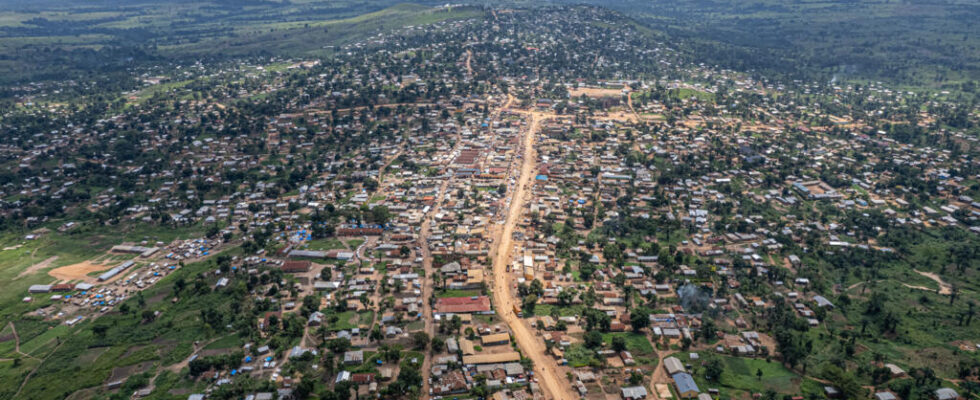Civil society in the Congolese province of Ituri has been calling since Monday May 13 for an end to the state of siege. This special security regime where the army holds all the powers has been in force in Ituri and the neighboring province of North Kivu since May 2021. That is to say three years which were not enough to end the conflict in the east of the DRC and clashes between armed groups and violence against civilians.
2 mins
With our correspondent in Goma, Coralie Pierret
In three years, 2,144 people were massacred, 246 others injured and 489 kidnapped: this is the human toll drawn up by Dieudonné Lossa, president of Ituri civil society, in a video posted on social networks. He describes a cycle of violence which has continued since 2017, until its climax last February: 15 locals were then buried alive by militiamen.
The authorities signed on April 19 a commitment to cessation of hostilities with five armed groups of Ituri. Among them, Codeco, a political-mystical militia often held responsible for village attacks and massacres. Codeco says it is defending the Lendu against the Hema, a community which is also committed by signing the agreement via the group called “ self-defense », better known under the name of Zaire.
Yet human rights violations by these militias continue. Especially since the ADF, affiliated with the Islamic State terrorist group, are notably absent from the agreement. However, it is the deadliest armed group in the DRC. During the night from Monday to Tuesday, at least 11 people were killed by this group in the territory of Irumu according to civil society.
For his part, the military governor of the province, General Johnny Luboya Nkashama, defends his record and presents the peace agreements as progress, during a rare interview with RFI.
In Ituri, in the DRC, there was “a lull” notably with the “signing by Zaire” of an agreement to end hostilities, explains the military governor of the province, General Johnny Luboya Nkashama
